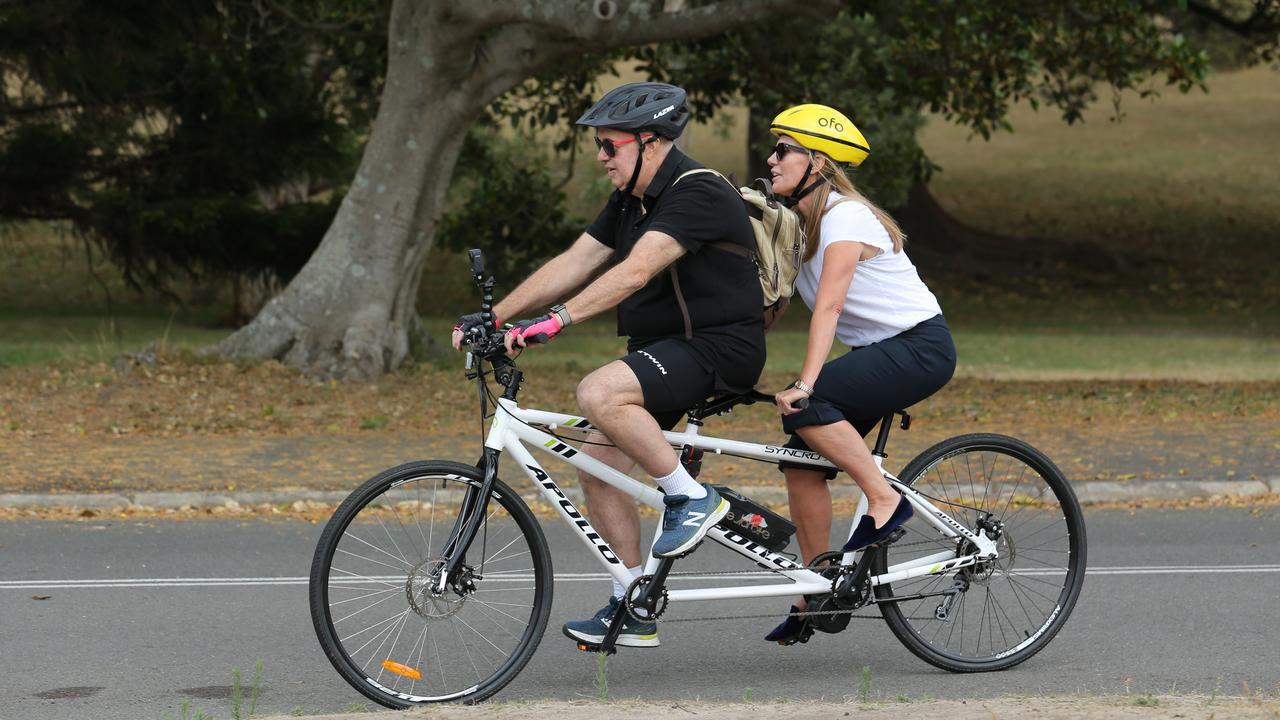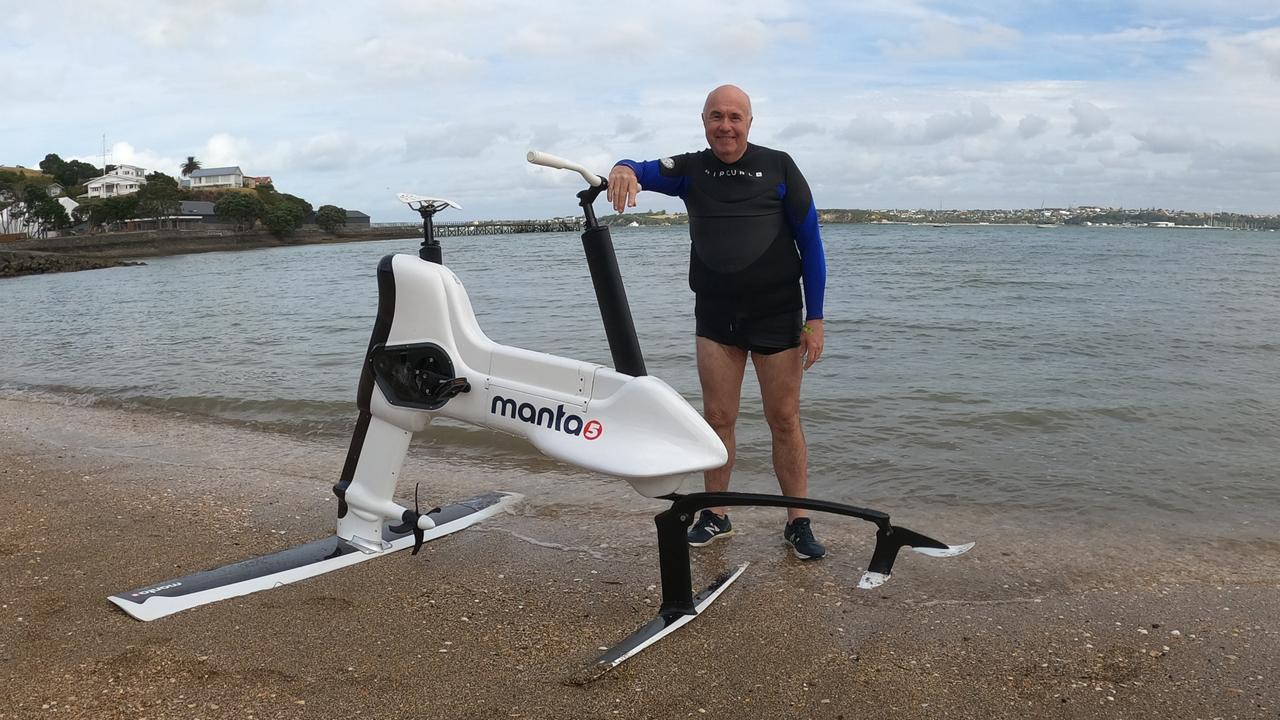I’ve been lucky to witness several decades of technological development, from mainframe computers in the 1970s through to the personal computer revolution in the early 1980s and now the profound effect of the connected world and the internet.
I’ve been a computer programmer, teacher, developer and then writer in this area. Much of the early days were carefree times.
In student days, I remember piles of computer-generated government pay cheques being left for collection unattended on the computer centre counter at Monash University, waiting for a taxi to pick them up. No security, no privacy. Those concerns didn’t exist.
Yet back then, with prevailing cheque clearance rules, you would not have lasted long if you nicked them and tried to cash them. The world was not connected.
I also remember massive opportunities. A friend, who had worked with computers at Mt Isa Mines, and I formed a small company in the 1980s and honed our skills at networking PCs and writing network software at a time when they were mainly stand-alone machines.
We could undercut the cost of small mainframe systems and make money installing these networks. That was in the days of Novell NetWare and dBase IV, and before Microsoft Windows.
It was also before the modern era of start-up culture, incubators and capital raising in the digital world that would have spurred us to greater heights.

When I first wrote about tech in newspapers in the mid 1990s, it was a sideline and mainly concerned with hobbyist pursuits. Tips on how to better mail merge, getting around operating system bugs, and outing fake computer chips at hobbyist Sunday markets were the order of the day. That was when people had fun building their own computers from parts and, later, media centres that mimicked modern smart TV functionality 15 years ahead of its time.
During 15 years at The Australian, I have seen massive change in the technology industry and the rise and fall of big tech firms.
I remember vividly an interview in 2011 in San Francisco with short-lived HP chief executive Leo Apotheker, just prior to that firm dramatically haemorrhaging from two acquisitions.
A decade ago visiting HP Labs, where the company showed off curved and folding screens. I viewed a hologram of an entire basketball match. HP was tinkering with videoing and transmitting sporting events in 3D across the world where they could be presented in simulated form to live audiences.
While today’s big story is connectivity and the internet, the time after 2007 in consumer technology was dominated by Apple and the flow-on effects of the iPhone and smartphones generally.
People were excited at what digital innovation brought. Nowadays the smartphone is mature technology and tech companies have the task of finding new capabilities that inspire people.
The new frontiers in the 2020s include technology to tackle energy transitioning, our harnessing of subatomic matter with quantum technology, and accessibility of affordable electric vehicles and charging infrastructure. This decade is the most pressing in terms of securing our survival.

The unbridled innocence of the early digital tech days has gone with the connected world.
We are debating the regulation needed to protect people from social media dangers such as cyber-bullying, misinformation, online scams, privacy breaches, risks posed by AI, the rise and power of technology monopolies, and cyberattacks not only a threat to households and business, but also nations’ critical infrastructure: cyberwarfare.
But the culprit is not tech. Tech simply amplifies human capability and it’s how people use it for better or worse that matters.
It is also a 21st century mistake to think societal upheaval due to technology is a modern phenomenon. In 1979, author Elizabeth Eisenstein detailed how the invention of the printing press in the 1400s challenged traditional institutions and authority in Europe, saw the rise of Lutheranism, the protestant and scientific revolutions. Fake news, propaganda and misinformation were abundant and perpetuated six centuries ago.
The challenges are enormous but we can rise to the occasion.
This is Chris Griffith’s final opinion piece after 15 years as a tech writer at The Australian
